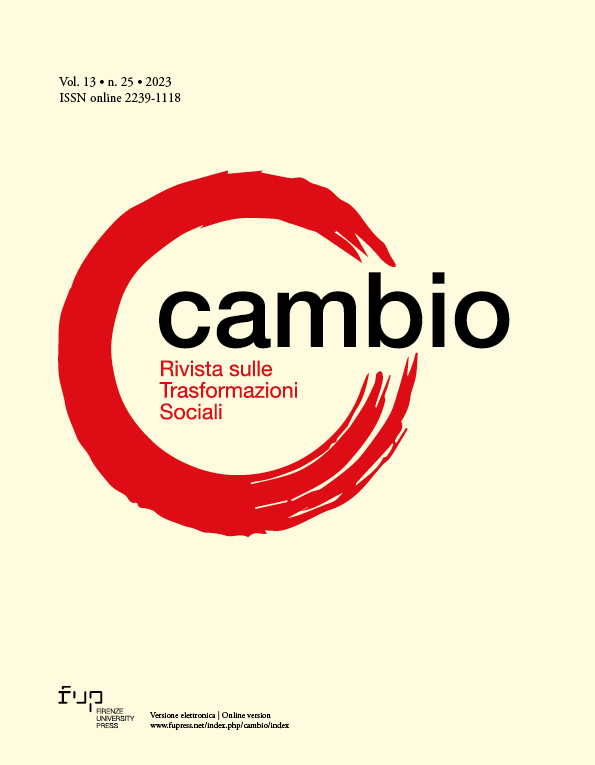The legacy of the Turin 2006 Olympic Games through a long-term development perspective. Reflection and opinion about the physical and social change in the post-Olympic period
Published 2023-07-18
Keywords
- Olympic Games,
- Olympic legacy,
- sustainability,
- urbanism,
- territorialisation approach
How to Cite
Copyright (c) 2023 Valerio della Sala

This work is licensed under a Creative Commons Attribution 4.0 International License.
Abstract
The Olympic legacy, whether temporary or transitory, can manifest itself before, during or after the Games. It can quickly disappear after the event if efforts are not made to keep it alive through, for example, cultural programming, new environmental legislation, public awareness programming or new, more comprehensive applications. The study has the objective of recounting the Olympic legacy of the Torino 2006 Games through the results of the qualitative interviews held with the main actors of the event. In recent years, the Olympic legacy and the planning of the Olympic legacy have become increasingly important in the choice of host cities. The importance has allowed many cities, such as London, Sydney, and Tokyo, to develop an entity in charge of planning and managing the post-Olympic legacy. The intangible possibility of training and involving new profiles in the territory is fundamental to managing the Olympic structures in the post-Olympic period. The professionalism of resources, the definition of objectives, management tools and human resources are some of the critical elements for the organisation of a working team that can promote the post-Olympic transformation of host cities. The promotion of an Olympic city and an urban model to pursue can catalyse supra-local transformations that support the intangible knowledge of citizenship. The social transformations through the promotion of the city and its image can become a “Know-How” of the organising committee which, in the post-Olympic phase, will support the future strategies of the city regarding the organisation and planning of the mega-event. These elements allow us to advance a new hypothesis on the development of new modernity induced by sports and mega-events.

